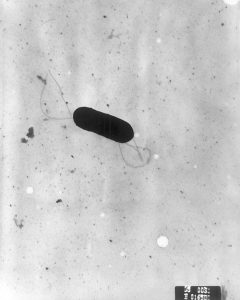The Office of Food Inspection in the European landlocked country of Liechtenstein has issued a public warning after 1300 kg of bad cheese turned up missing, according to an Office of Food Inspection and Veterinary release Tuesday (computer translated).

The semi-hard cheese, “Alp Sücka” was set to be destroyed due to Listeria monocytogenes contamination; however, officials noted the shortfall, the equivalent of about 236 loaves of 5 kg and believe it was stolen from open containers where they were stored temporarily before planned destruction.
The country’s prosecutor has launched an investigation into the cheese’s disappearance.
Consumption of food contaminated with L. monocytogenes can cause listeriosis, a serious infection. Older adults, persons with weakened immune systems, and pregnant women and their newborns are at higher risk of developing illness.
Listeriosis can cause fever, muscle aches, headache, stiff neck, confusion, loss of balance and convulsions sometimes preceded by diarrhea or other gastrointestinal symptoms. An invasive infection spreads beyond the gastrointestinal tract. In pregnant women, the infection can cause miscarriages, stillbirths, premature delivery or life-threatening infection of the newborn.
In addition, serious and sometimes fatal infections in older adults and persons with weakened immune systems. Listeriosis is treated with antibiotics. Persons in the higher-risk categories who experience flu-like symptoms within two months after eating contaminated food should seek medical care and tell the health care provider about eating the contaminated food. For more infectious disease news and information, visit and “like” the Infectious Disease News Facebook page

